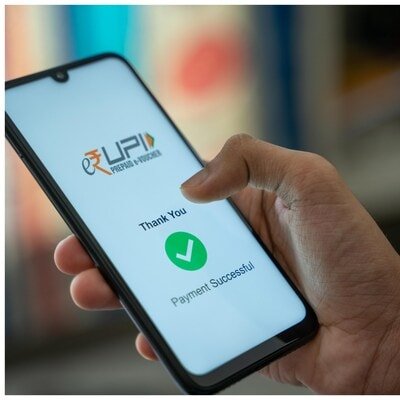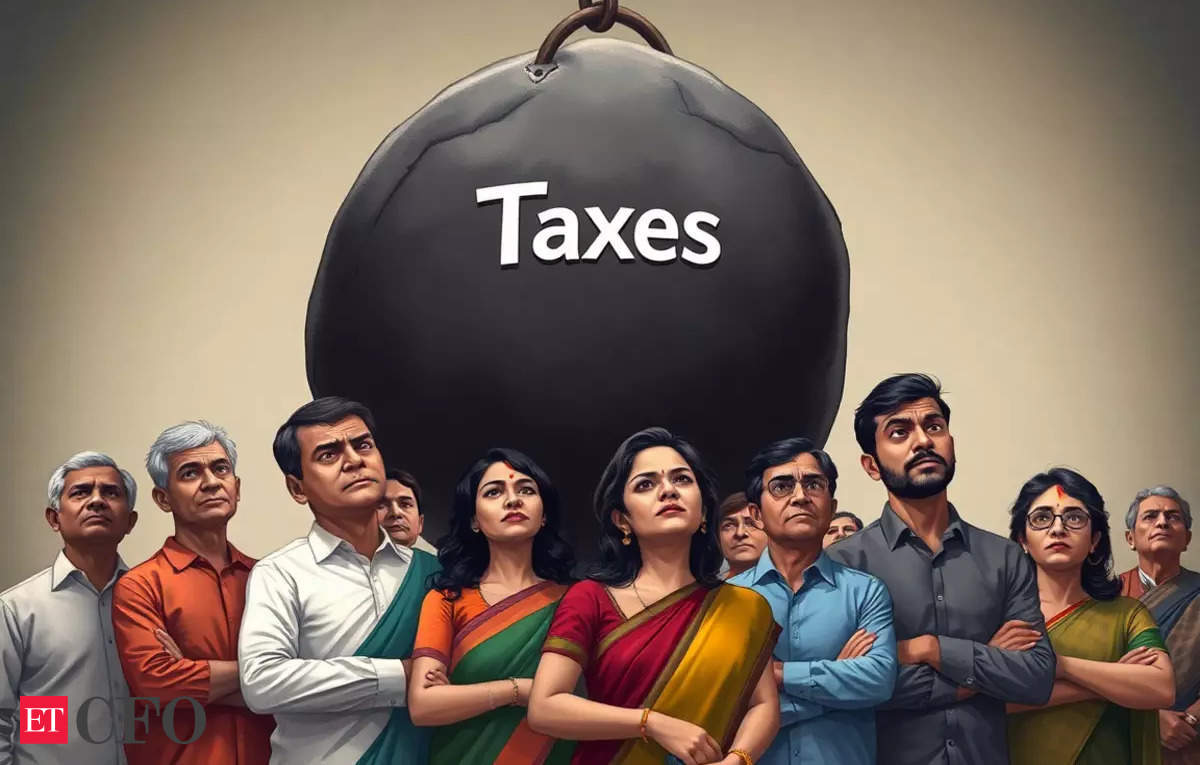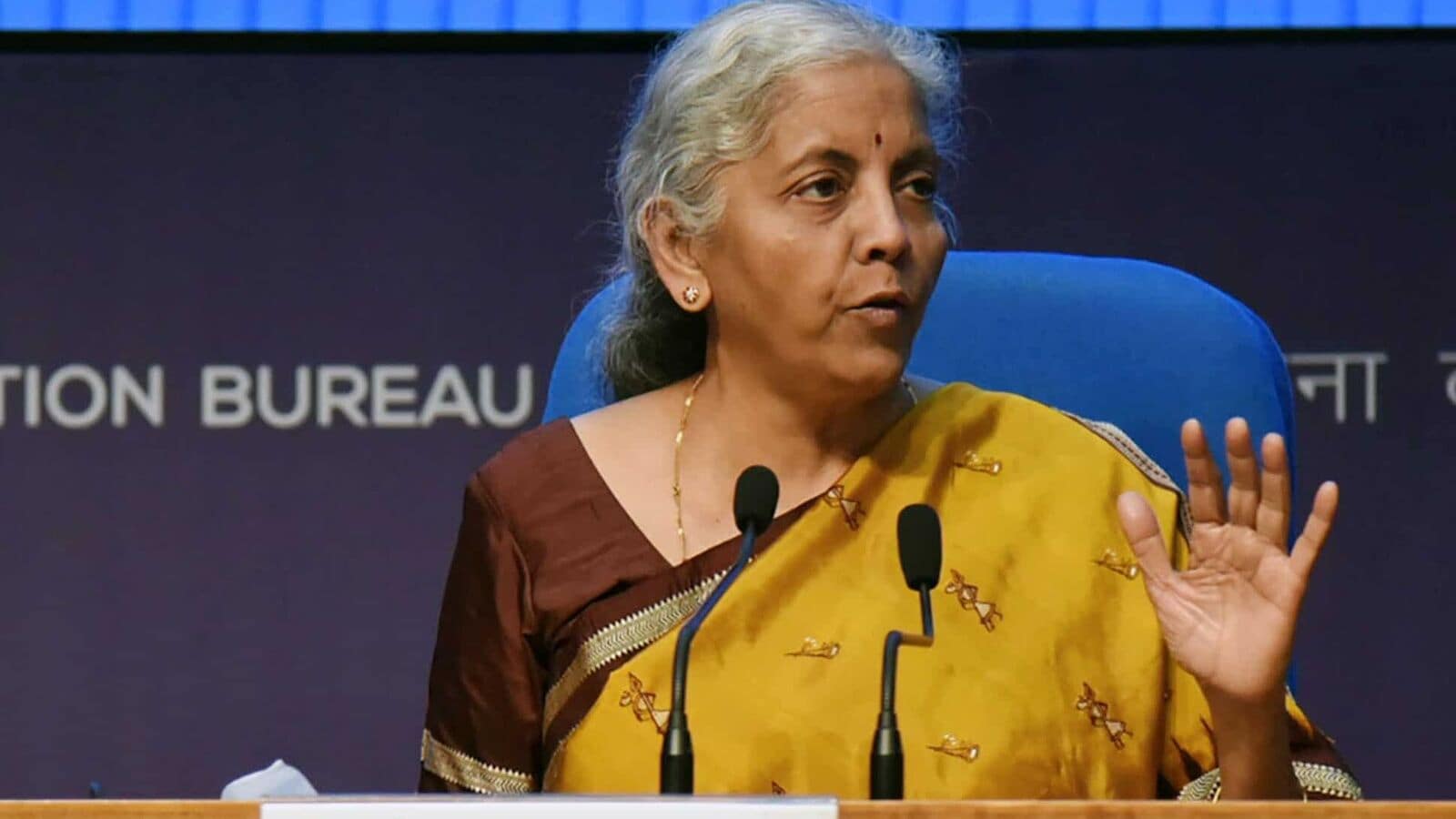The Reserve Bank of India (RBI) has launched a feature that allows customers to deposit cash at ATMs using the Unified Payments Interface (UPI) without the need for a debit card. UPI Interoperable Cash Deposit (UPI-ICD), was unveiled by RBI Deputy Governor T Rabi Sankar at the Global Fintech Fest 2024 on Thursday.
What is UPI-ICD
It allows customers to deposit cash at ATMs without a physical card and through the Unified Payments Interface (UPI), a widely used digital payment system.
Customers can deposit cash at ATMs equipped with UPI-ICD functionality. These ATMs are designed as cash recycler machines, which handle both cash deposits and withdrawals.
To make a deposit, customers use their mobile numbers linked to UPI, Virtual Payment Addresses (VPA), or their bank account IFSC codes. This means that the deposited cash can be credited to the customer’s own bank account or any other bank account.
“The introduction of UPI ICD allows customers to deposit cash at ATMs operated by banks and white label ATM operators (WLAOs) using UPI to their own bank account or any other bank account without the need for a physical card. These ATMs are cash recycler machines which are used for both cash deposits and withdrawals. Leveraging their mobile numbers linked to UPI, virtual payment addresses (VPA) and account IFSCs, customers can now do cash deposits, making the process more seamless, inclusive and accessible,” said NPCI in a press release.
How to use UPI-ICD?
Locate an ATM equipped with a cash recycler that supports UPI-ICD.
On the ATM screen, choose the option for cash deposits.
Input your mobile number linked to UPI, Virtual Payment Address (VPA), or the IFSC code of your bank account.
Insert the cash into the ATMs deposit slot. The machine will process the deposit and credit the amount to your linked bank account.
Banks will roll out the feature gradually.
Visit www.cagurujiclasses.com for practical courses











